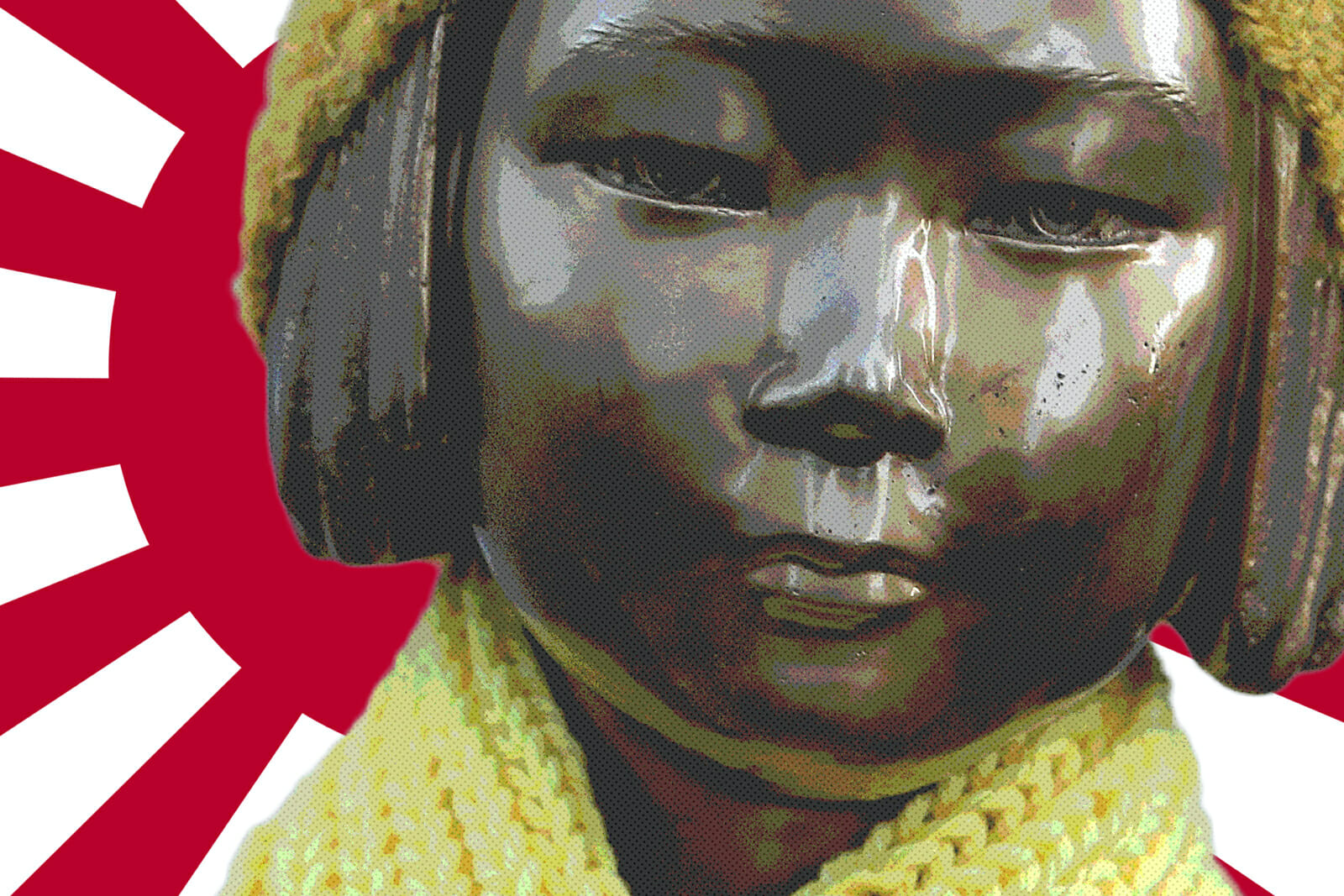
Understanding the Trade Dispute Between South Korea and Japan
From the disintegration of trade relations to discourse about banning the Rising Sun Flag from the 2020 Tokyo Olympics, the 55 years of relations between Japan and South Korea has reached a boiling point. Absent from the debate has been the importance of historical memory and the role it has had in shaping the politics of the region. An exploration of Park Chung-hee’s tenure during the 1960s is imperative to understanding the long term outcomes of uneasy relations between South Korea and Japan.
Park Chung-hee’s economic nationalist policies entailed the neglect of historical injustices experienced by Koreans during Japanese Imperial rule, with the signing of the 1965 Treaty on Basic Relations between Japan and the Republic of Korea attesting to this. The agreement provided Japan with leverage over South Korea over its conditionality of conceding any legal or moral responsibility for past crimes. This was specific to Article 2 of Clause 1, which provided that issues concerning property, right, and interests between Korea and Japan were settled completely. Moreover, the terms of the treaty did facilitate the inflow of aid from Japan to aid with South Korea’s development, yet there was no admission of guilt provided in this gesture, given the money was referred to as ‘aid’ rather than ‘compensation.’
With this in mind, the increasing foreign direct investment from Japan was not only a reminder of past injustices, but it was also responsible for creating a widening sense of outrage that would stain the relationship between the two countries for the next half-decade. Thus, the lack of reprieve provided to past events regarding Japan’s use of forced labour within the Korean colony and the forced sexual slavery of Korean ‘comfort’ women was never provided with a sense of transitional justice to allow for genuine recognition.
Realist scholars point to South Korean economic growth during the Park government as a success of his term. However, this means overlooking the fact that the growth experienced was largely an unequal level of growth, as the working class were repressed and did not experience gains from economic growth. Moreover, Park’s economic stimulus for the nation relied heavily on reproducing the Meji economic system and the post-war Japanese economic model, thus a system of exploitation and repression was reproduced in South Korea. Given growth during the colonial era was contingent on the organisation of the business people and the landowner class, the subsequent reproduction of this system was a significant reminder of the past, as the working class suffered alienation and high levels of economic disparity during Park’s reign. The subsidisation of Chaebol activity within the economy led to a reproduction of a political class that reaped most of the benefits of Park’s policies, leading to an unequal level of growth where the business elite had unique advantages in carving out government policies. Notwithstanding Park’s move to distance himself from Japan culturally, the economic policies carried forth historical reminders of the past, ironically reproducing an economic system that had historically been used to repress Koreans.
As Park’s decision to sign the treaty of trade normalisation with Japan did not receive domestic backing, Park recognised the need to construct domestic legitimacy, both through coercive and benevolent methods. The Saemaul Undong or the New Village movement was an example of Park’s benevolent policies, which was an initiative based values of community cooperation and self-determination as a means for addressing rural poverty. However, whilst there were benevolent attempts to achieve consent through economic nationalism, the methods that Park Chung-hee largely implemented were violently coercive, with the primary aim of quelling any form of political opposition. The implementation of the Yushin constitution was the primary means for this as the repressive measure aiming to instill support for the terms of the constitution. The KCIA was the primary extension the Park government used, with its presence penetrating throughout everyday arena’s in Korean life. Where the terms for domestic citizens became more oppressive, the unintended outcome of this became the formation of alliances in order to cope with the heightened level of coerciveness of the state, which was ultimately central to the disintegration of the Yushin constitution. The collapse of the constitution with Park’s assassination highlighted the rising level of nation-wide discontent towards the form of governance at the time.
The legacy of the 1965 treaty remained pertinent to modern-day political relations, as after remaining unspoken about for almost 40 years, it re-emerged as a thorn in international relations between the two countries. Discourse on the treaty re-emerged, forming the basis of Japan’s justification of averting legal responsibility over its role in sexually enslaving women during the colonial era when the issue was brought up again during the 1990s. The subsequent events almost forty years later, with the establishment of the Asian Women’s Fund, the Kono and Murayama statements and the 1998 Kim-Obuchi agreement, served as symbolic reminders of the inadequacy that was evident in Japan’s equivocation of its colonial crimes. Specifically in the example of the Asian Women’s Fund, because the funds were pooled from private sources rather than the state and no apology was ever given to the living comfort women, the fund was lacking in genuine intentions. Moreover, the revisionist statements that have merged from extreme right-wing politicians in Japan have overshadowed dialogue on the issue, and signaled a lack of good faith in addressing the sense of injustice felt in South Korea.
The issue remerged notably through 2015 Comfort Women Deal that served to address colonial crimes, under Park Geun-hye’s presidency. After pressure from the U.S., an apology was offered by Shinzo Abe and an agreement was reached to pay $1 billion yen to help survivors. The deal was met with the opposition of civil society groups and living comfort women, as there was still an absence of legal responsibility provided. The specific justification for this stemmed from the 1965 treaty provisions which allow for the evasion of moral and legal responsibility. The additional external element of U.S. pressure to facilitate reconciliation between Japan and South Korea to confront Chinese power denigrated the symbolic value of the agreement that was reached. Following this, the nullification of the 2015 comfort women deal by Moon Jae-in and the South Korean court decision holding Japanese companies responsible for forced labour intensified the relevance of historical memory in contemporary politics.
The lack of attention given to the legitimate grievances of South Koreans speaks to the way the 21st international order has failed to provide justice for historical justice and has relied on economic incentives as a way to bridge the past. Whilst realpolitik defences have been used to justify Park Chung-hee’s form of governance, the absence of attention by IR scholars on the role of historical dynamics in shaping relations has been detrimental to both societies by failing to account for domestic factors. The result of leaving historical grievances unaddressed has not only created a long term fracture in the relations between Japan and South Korea, but it has meant that historically sensitive issues have become politically exploitable tools.

